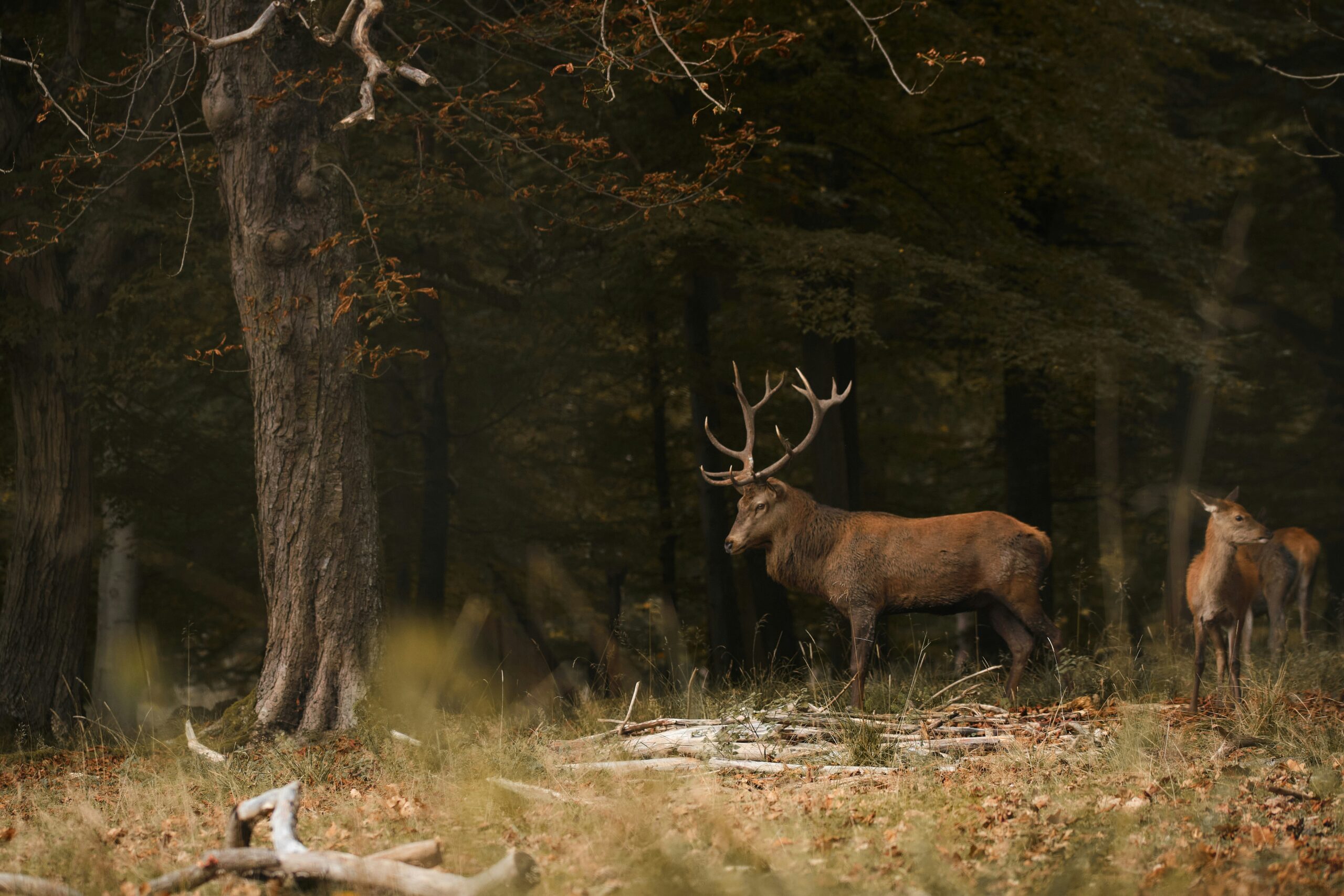
Hunting has long stood as one of humanity’s oldest traditions, rooted in survival yet transformed into a cultural and recreational pursuit over centuries. While its earliest purpose was to provide food and resources, today it blends heritage, conservation, and skill. Across the American landscape, hunters venture into forests, fields, and wetlands not only to harvest game but also to connect with nature in ways that modern life rarely allows. This deep connection with the environment ensures hunting remains more than a pastime—it is a living link to human history.
In the modern era, hunting has evolved into a regulated activity that balances tradition with sustainability. Wildlife management agencies work closely with hunters to maintain healthy animal populations and protect habitats. This collaborative approach reflects the understanding that responsible hunting can help preserve ecosystems. Moreover, as outdoor enthusiasts trade city skylines for natural horizons, they discover a world that demands patience, discipline, and respect for the life it sustains.
The Cultural Heritage of Hunting
Hunting in America carries a cultural weight that goes far beyond sport. Passed down through generations, it forms part of family traditions, where parents and grandparents teach young hunters the skills and ethics of the field. This passing of knowledge ensures that new hunters not only learn how to track and harvest game but also how to respect wildlife. These traditions often spark a lifelong love for the outdoors and a deep sense of responsibility toward preserving nature.
Beyond family bonds, hunting has embedded itself into the cultural identity of many communities. In rural towns, the opening of deer season can be as significant as a holiday, with schools and businesses adjusting schedules to accommodate hunters. Such events create a shared experience that brings people together, strengthening social ties while keeping cultural roots alive. The sense of belonging that arises from these shared moments underscores hunting’s role as a bridge between the past and present.
The Role of Conservation in Hunting
Modern hunting operates within a framework of conservation, where the goal is to maintain balance within ecosystems. Regulatory bodies set seasons, bag limits, and hunting zones based on scientific studies of wildlife populations. This data-driven approach ensures that species are neither overharvested nor allowed to grow to levels that could harm their habitat. As a result, hunting contributes to preventing overpopulation, which can lead to starvation, disease, and ecological damage.
Furthermore, licensed hunters play a direct role in funding conservation. Fees from hunting licenses, permits, and taxes on equipment provide significant revenue for wildlife management programs. These funds support habitat restoration, species protection, and research initiatives. By participating in regulated hunting, sportsmen and women help preserve the very environments they rely on, illustrating a mutual benefit between the hunter and the hunted landscape.
Skills and Ethics in the Field
Hunting demands a unique combination of physical skill and mental discipline. From reading animal tracks to mastering marksmanship, the process challenges hunters to develop a deep understanding of both their quarry and the environment. Patience becomes an essential companion, as hours may pass before an opportunity presents itself. This deliberate pace allows hunters to observe nature closely, fostering an appreciation that extends far beyond the hunt itself.
Equally important is the ethical dimension of hunting. Responsible hunters prioritize clean, humane kills to minimize suffering and avoid waste. This principle, often called “fair chase,” ensures that animals have a fighting chance and that hunting remains a respectful interaction between humans and wildlife. Ethical hunting also involves adherence to laws, respect for property boundaries, and an unwavering commitment to safety—values that protect both people and the environment.
The Modern Hunting Experience
Today’s hunters benefit from advanced technology that enhances their capabilities while still relying on traditional skills. Modern optics, GPS devices, and specialized gear make tracking and locating game more efficient. Yet, these tools do not replace the need for fieldcraft; instead, they complement the hunter’s knowledge and experience. In this way, modern hunting maintains its authenticity while adapting to the demands of contemporary life.
At the same time, hunting has embraced inclusivity, with growing participation among women, urban residents, and younger generations. Organizations offer mentorship programs and workshops to help newcomers learn the ropes, fostering a welcoming community. As more people experience the rewards of hunting, the practice continues to evolve, drawing strength from its diversity and shared respect for nature.
The Connection to Nature
The most compelling aspect of hunting is its ability to immerse participants in the natural world. Away from the noise and speed of daily life, hunters experience the rhythms of the wild—watching the sun rise over frosted fields or hearing the distant call of migrating birds. These moments of quiet reflection are as integral to hunting as the harvest itself, creating memories that last long after the season ends.
This immersion also deepens a hunter’s understanding of the interconnectedness of ecosystems. Observing animal behavior, weather patterns, and seasonal changes fosters a sense of stewardship that extends beyond the hunt. Many hunters become advocates for habitat protection and sustainable resource use, ensuring that future generations can experience the same profound connection to nature.
Hunting’s Enduring Future
Looking ahead, hunting faces both challenges and opportunities. Urbanization, habitat loss, and shifting cultural attitudes require ongoing adaptation from the hunting community. Education and outreach remain critical in dispelling misconceptions and highlighting the positive role hunting plays in conservation. By sharing personal experiences and scientific evidence, hunters can bridge the gap between tradition and modern environmental awareness.
At the same time, innovation offers new possibilities for engaging with the outdoors. From wildlife photography to digital mapping, technology can draw more people into appreciating nature—even if they are not hunters themselves. As society becomes increasingly disconnected from the natural world, hunting serves as a reminder that humans are part of a much larger system, bound by the same cycles of life and survival.